In an interview with journalist Dmitry Kiselev of Rossiya 1 and RIA Novosti, Russian President Vladimir Putin emphasized that Moscow is ready to negotiate with Kiev, but it must be based on reality, not on fantasies after using psychotropic drugs.
Previously, former Pentagon advisor, retired Colonel Douglas McGregor, said that the US needs to stop supporting Kiev to end the conflict in Ukraine. Accordingly, negotiations between Moscow and Kiev need to be initiated to end the conflict.
On March 12, Russian Presidential Spokesperson Dmitry Peskov said that Ukraine is currently continuously denying the possibility of negotiations with Moscow to resolve the conflict.
Regarding this issue, British news agency Reuters reported that during a meeting with foreign ambassadors, Turkish President Regep Tayyip Erdogan said that it is necessary to avoid any steps that could escalate the conflict in Ukraine and open up the possibility of spreading the war to members of the North Atlantic Alliance NATO.
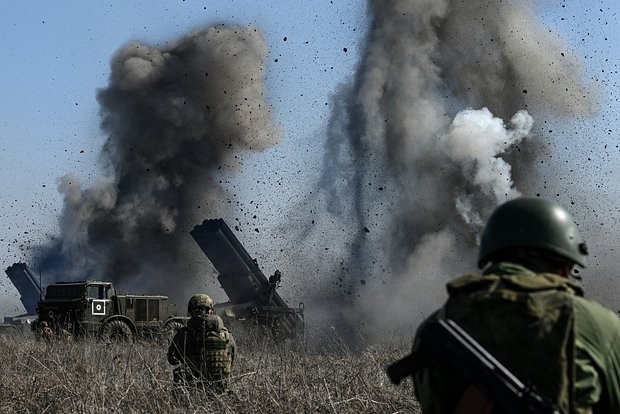 |
| Russia can negotiate peace with Ukraine based on the current battlefield reality. Photo: Getty |
The Turkish leader said Ankara will continue efforts to restore the Black Sea Grain Agreement between Kiev and Moscow, which was reached through the mediation of Türkiye and the United Nations.
"We have said that peace plans without Russia will not bring any results," said President Recep Tayyip Erdogan, referring to a global "peace summit" scheduled to take place in 2024 in Switzerland.
The Turkish president also said that, in Ankara's view, "steps that could aggravate conflicts in the region, which could spread to NATO, should be avoided."
Recently, Turkish Foreign Minister Hakan Fidan announced that he would soon mediate the resumption of negotiations on a ceasefire in Ukraine.
Meanwhile, facing consecutive failures on the battlefield, Ukraine is trying to strengthen its border, especially after raids by "pro-Ukrainian militias" on Russian territory in the past few days.
President Volodymyr Zelensky announced an increase in the number of border guards to carry out the current tasks of countering Russian intrusions and strengthening territorial protection, the Ukrainska Pravda newspaper reported.
"During the day, I held a number of important meetings. Head of the Government Denys Shmyhal, Interior Minister Klimenko, other members of the government . I agreed on the next steps to develop the State Border Service of Ukraine and, accordingly, the border guards," Volodymir Zelensky said.
Regarding the possibility of the presence of Western troops in Ukraine, deputies of the right-wing Alternative for Germany (AfD) party in the German Bundestag have raised questions about sending Western troops and special forces to Ukraine. This is stated in the parliamentary request sent by this party to the German government.
AfD deputies became concerned about the possible presence of Western troops in Ukraine. In their petition, they referred to the French President's earlier statement about the possibility of forming an international coalition to send Western troops to Ukraine.
“ Following French President Emmanuel Macron's statement that he did not rule out sending Western troops to Ukraine, the Financial Times reported, citing a senior European defense official (...) that everyone knows that there are Western special forces in Ukraine. It's just that they haven't been officially recognized. Regarding Macron's statement, Slovakian Prime Minister Robert Fico said that (...) a number of countries are considering whether they should sign bilateral agreements to provide troops to support Ukraine,” reads the AfD petition.
Moreover, as the AfD representative reported, citing US media data, it was reported that in 2023 there were 97 special forces soldiers from 5 NATO countries in Ukraine, most of them from the UK.
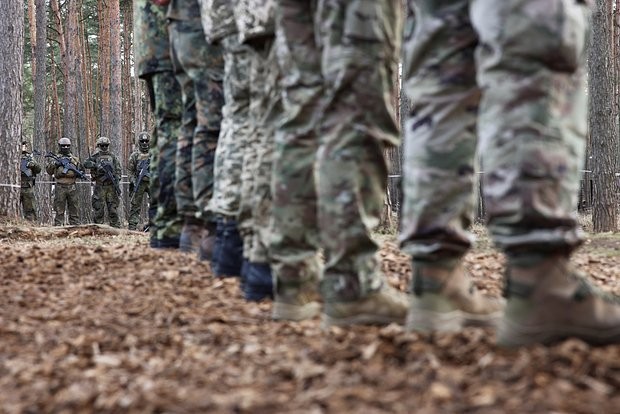 |
| The West is still divided over the possibility of deploying troops to Ukraine. Photo: AP |
In addition, German Chancellor Olaf Scholz, justifying the refusal to supply Taurus cruise missiles to Ukraine, recently stated: “What the British and French are doing in terms of target control and tracking cannot be done in Germany. We have different traditions and different constitutional institutions and cannot do it in the same way.”
In this regard, the delegates addressed a number of questions to the German Federal Government regarding the presence of Western military personnel in Ukraine. Are there any special forces or members of the German armed forces present in Ukraine? Does the Federal Government advise on the possibility of deploying Western troops in Ukraine and the risk of the war spreading to NATO and EU countries?
In late February 2024, French President Macron acknowledged the possibility of sending Western ground forces to Ukrainian territory. However, he pointed out that there was still no consensus on the issue.
Source


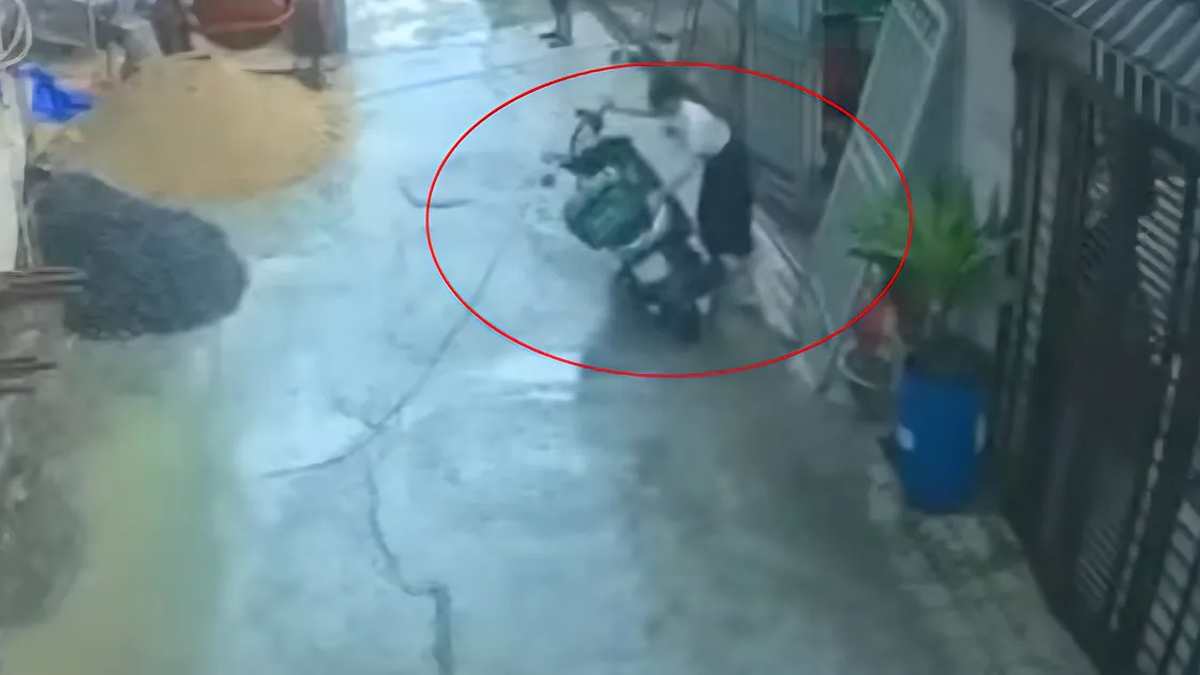
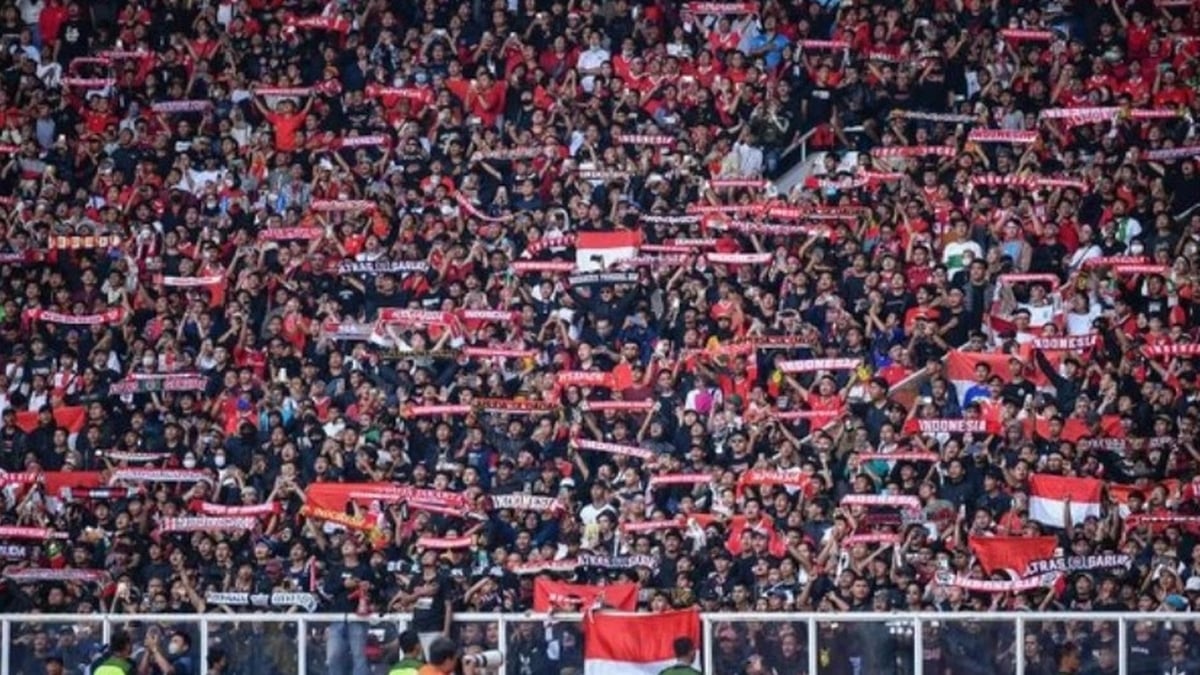
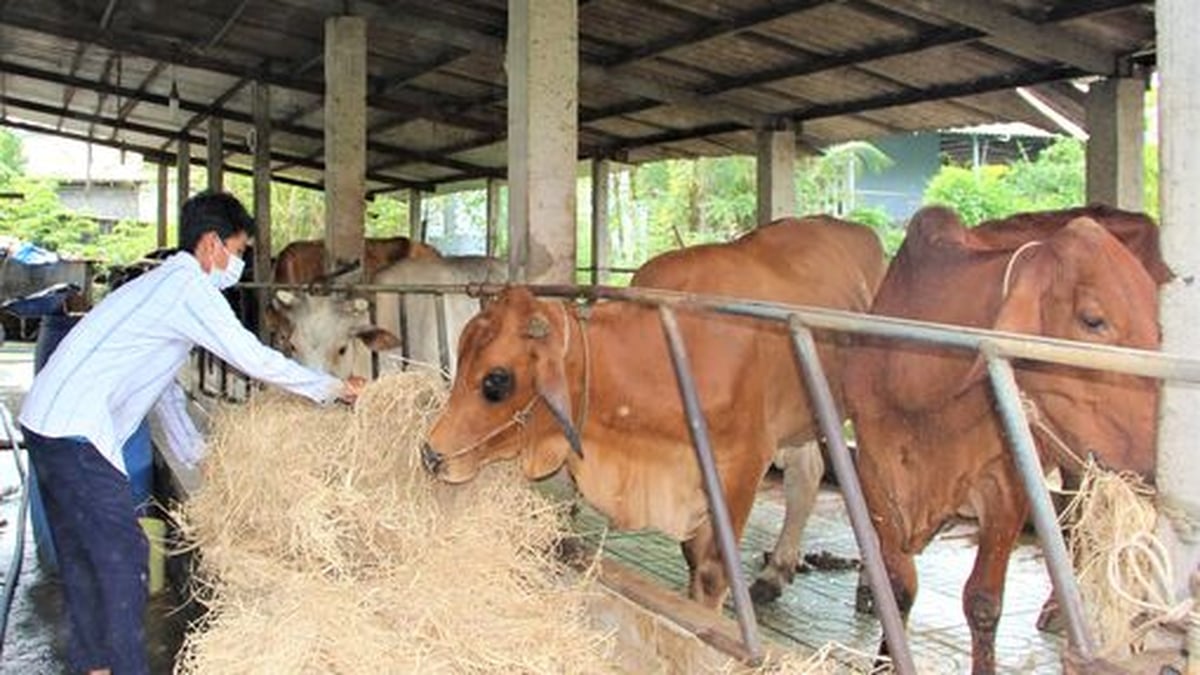



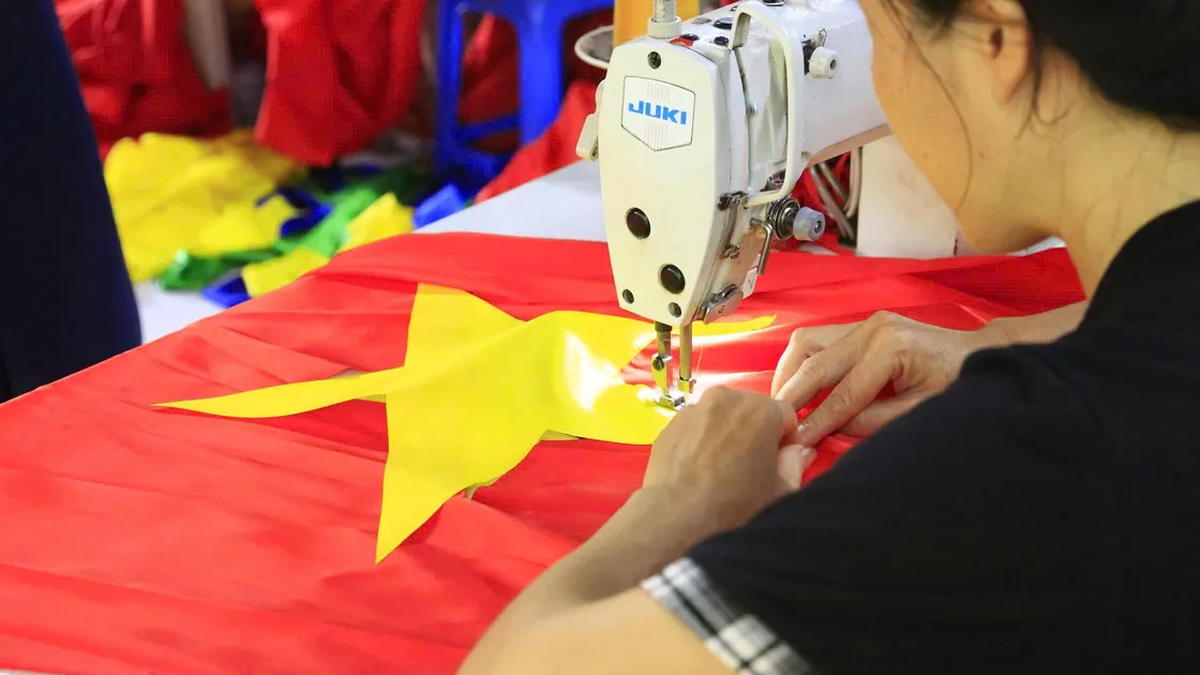


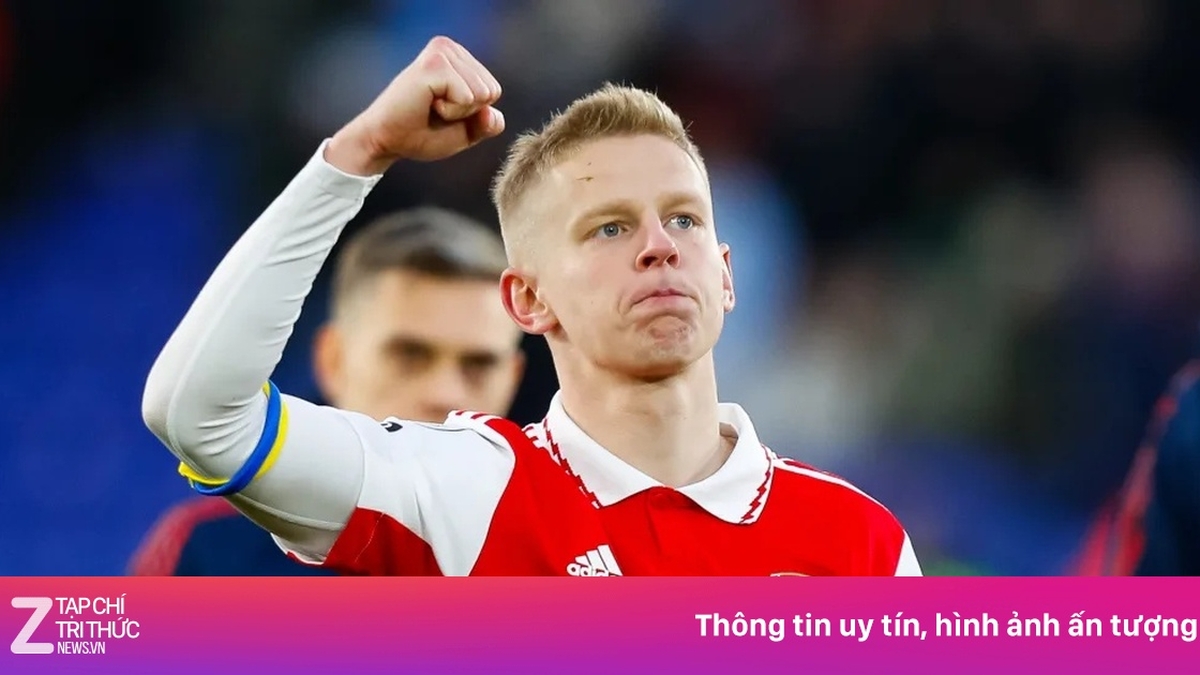


















![[Photo] National Assembly Chairman attends the seminar "Building and operating an international financial center and recommendations for Vietnam"](https://vphoto.vietnam.vn/thumb/1200x675/vietnam/resource/IMAGE/2025/7/28/76393436936e457db31ec84433289f72)

















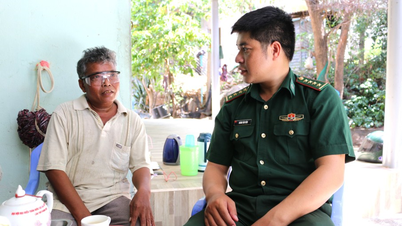














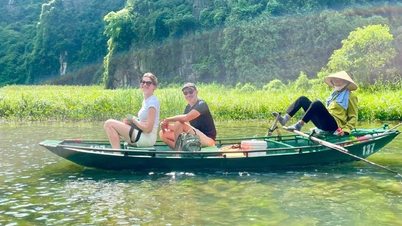
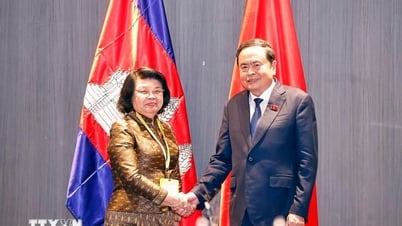

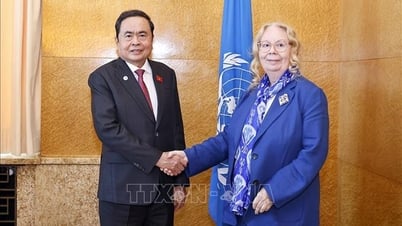

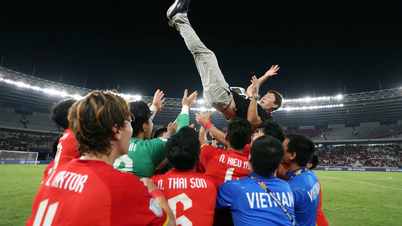

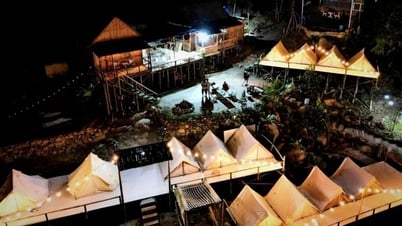




























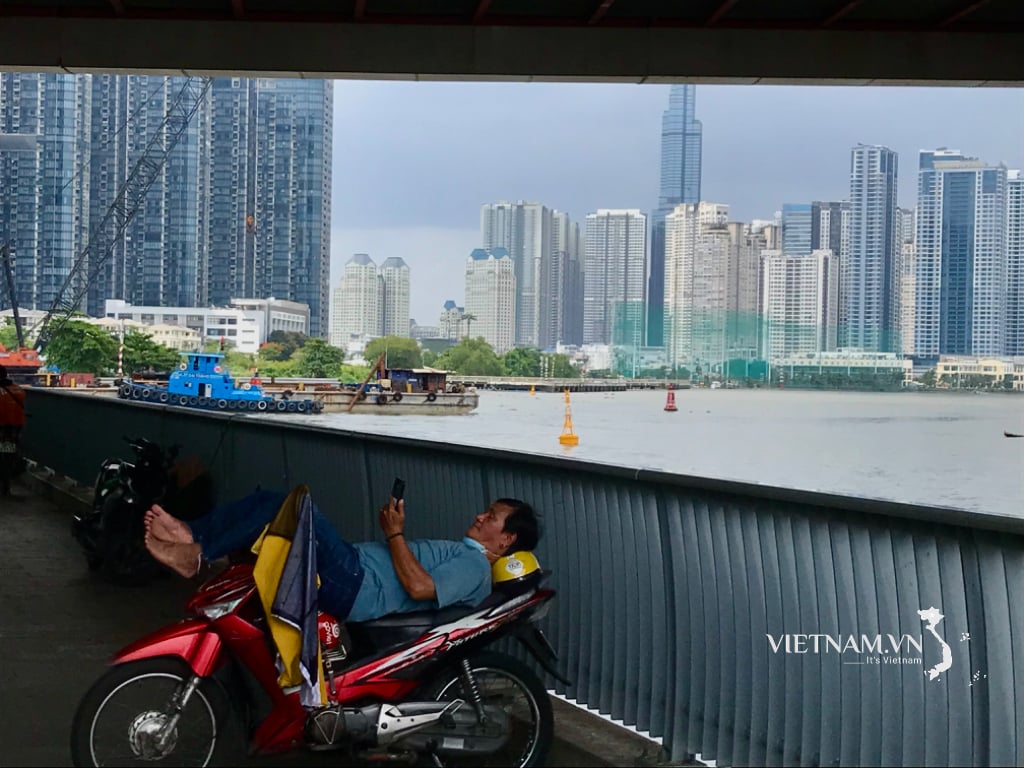

Comment (0)